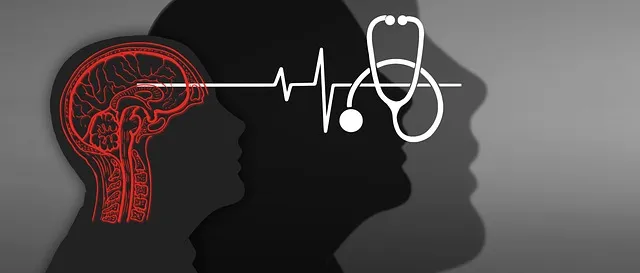Kaiser Permanente's mental health appointment centers in Parker utilize a multi-faceted assessment approach, incorporating tools like the Parker Model, structured clinical interviews, and self-report questionnaires. This holistic framework evaluates symptoms, functioning, and social context to tailor interventions, ensuring subtler mental health issues are addressed. By combining assessments with coaching programs, these centers enhance care practices, track patient progress objectively, and foster a culture of quality improvement for personalized, evidence-based services.
The evaluation of mental wellness programs is a multifaceted process, crucial for ensuring their effectiveness and patient-centered care. This article explores the methods employed by Kaiser Permanente, specifically at the Parker Mental Health Appointment Center, to assess and improve mental health services. We delve into assessment tools, patient engagement strategies, and program effectiveness measurement techniques. Through case studies and best practices, we highlight how standardized measures, patient feedback, and qualitative data drive continuous quality improvement within the organization’s mental health initiatives at the Parker Appointment Center.
- Assessment Tools and Techniques
- – Overview of common mental health assessment tools used by Kaiser Permanente
- – Importance of standardized measures and their application in the Parker Mental Health Appointment Center
Assessment Tools and Techniques

Assessment tools play a pivotal role in evaluating mental wellness programs, and organizations like Kaiser Permanente’s mental health appointment centers offer valuable insights through structured approaches. The Parker Model, for instance, is a comprehensive framework that guides assessments by integrating various dimensions of mental health, including symptoms, functioning, and social context. This model facilitates a holistic understanding, ensuring that evaluations are not just about diagnosing but also about fostering recovery and improving clients’ overall well-being.
Effective assessment goes beyond traditional diagnostic tools, incorporating techniques such as Mental Wellness Coaching Programs Development, which focuses on enhancing communication strategies. These programs train professionals in risk assessment for mental health practitioners, enabling them to identify subtler issues that might otherwise be overlooked. By combining structured assessments with coaching and development, Kaiser Permanente and similar institutions contribute to the advancement of care, ensuring that evaluation methods keep pace with evolving understanding of mental wellness.
– Overview of common mental health assessment tools used by Kaiser Permanente

Kaiser Permanente, a leading healthcare organization, employs a comprehensive suite of mental health assessment tools within its appointment centers to evaluate patient well-being. Among these, the Parker Model stands out for its holistic approach, focusing not only on symptoms but also on functional impairments and social context. This method allows mental health professionals at Kaiser Permanente to tailor interventions effectively.
The evaluation process incorporates various tools, including structured clinical interviews, self-report questionnaires, and behavioral observations. These assessments help identify factors contributing to mental health issues, such as Depression Prevention initiatives or the need for Trauma Support Services. By utilizing these strategies, Kaiser Permanente’s mental health appointment centers ensure that each patient receives personalized care aligned with their unique needs and challenges.
– Importance of standardized measures and their application in the Parker Mental Health Appointment Center

The evaluation of mental wellness programs is a critical aspect of ensuring their effectiveness and adaptability to diverse populations. Standardized measures play a pivotal role in this process, especially within healthcare settings like the Kaiser Permanente mental health appointment center in Parker. These measures provide a consistent and reliable way to assess mental health outcomes, allowing for data-driven decisions and continuous improvement. By employing standardized tools, such as validated questionnaires and assessment scales, the center can objectively track patient progress, identify areas of need, and measure the success of interventions.
For instance, the Kaiser Permanente Parker Mental Health Appointment Center might utilize measures focused on emotional intelligence to gauge patients’ ability to recognize and manage their emotions. Additionally, assessing confidence-boosting strategies can help determine their impact on patient engagement and self-efficacy. The center’s commitment to these standardized methods ensures that evaluations are fair, comparable over time, and aligned with evidence-based practices. This approach fosters a culture of quality improvement, where healthcare providers, through ongoing training in cultural competency, can better serve diverse communities while maintaining high standards of care.
Evaluating mental wellness programs is essential for their continuous improvement, and the strategies employed by Kaiser Permanente, particularly at the Parker Mental Health Appointment Center, highlight this. By utilizing standardized assessment tools, such as those commonly used within the organization, centers like Parker can ensure consistent and accurate measurements of patient mental health outcomes. This approach allows for data-driven decisions and tailored program enhancements, ultimately benefitting patients and advancing the field of mental healthcare.






